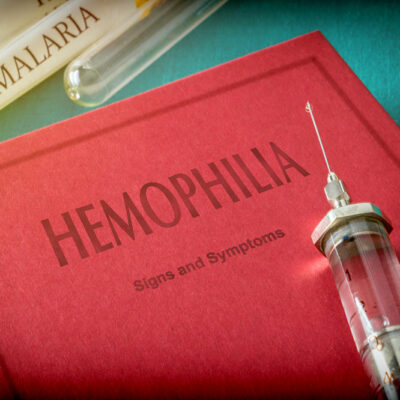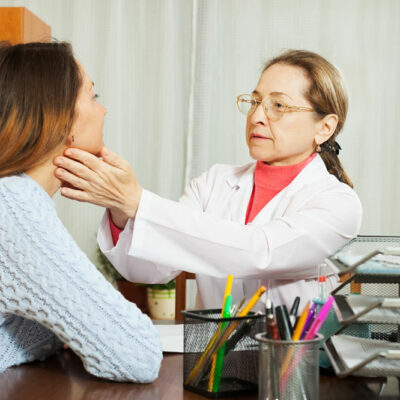
Health
Lifestyle Changes to Prevent Renal Cancer
In the USA, about 73,750 new cases of renal cancer (kidney cancer) are estimated to be diagnosed in the year 2020. Do you want to stay protected from this type of cancer? Here are some useful lifestyle tips to prevent renal cancer. Follow these religiously to keep your kidneys healthy and active. Weight loss While excessive weight is unhealthy for many reasons, it is also dangerous because it increases your risk of developing renal cancer. Being overweight puts you at risk of developing 12 different types of cancer, including kidney cancer. Check your BMI levels and fat percentage and bring those as close to normalcy as you can. Eat a healthy diet How colorful does your meal look like? Do you ensure you get all the nutrients needed from the food you eat? Eating a healthy diet is one of the most important lifestyle tips to prevent renal cancer. Choose healthy home-cooked meals over restaurant meals and takeaways. Make sure your diet is rich in the following: Fiber Fresh fruits Cruciferous vegetables Seafood Healthy unsaturated fats Quit smoking One factor that increases your chance of developing kidney cancer is smoking. All kinds of tobacco are bad. Smoking is especially harmful to the lungs and increases your chance of developing most of the cancer types.
Read More 















